Our DEI Journey
Thoughts from Our CEO on our DEI Journey thus far…
In 2018, I joined South Puget Sound Habitat for Humanity as the Executive Director. As part of my onboarding, I started by working with the board and staff to develop a strategic plan that included guiding principles. Through this process, we identified diversity, equity, and inclusion (DEI) as one of the guiding principles of our organization: “Habitat for Humanity welcomes people from all walks of life to partner with us as volunteers, donors, employees, and homebuyers. We celebrate and value diversity, welcome differences, and leverage the collective strengths of all people.”
As a predominantly white organization at the time, we needed to better understand how housing inequality and racial justice intersect. We held internal group learning opportunities focused on US postwar housing discrimination and the stark wealth and homeownership gap for communities of color. We asked hard questions about where our organization and program fit in this system of oppression and how our efforts and resources can focus on creating a more equitable community. We’re an organization with influence in our community and believe it’s critical that we use our platform to inspire positive change.
As 2020 unfolded, the COVID-19 pandemic and continued killing of unarmed black people by law enforcement further magnified racial disparities in this country and intensified the urgency for us to live the organization’s values. To gain clarity and direction, we hired a consultant who helped us determine five core values:
- Diversity, equity, and inclusion
- Community
- Integrity
- Future generations
- People first
Employees then spent six months discussing how to define these values, both as an organization and as individuals, and how they manifest in the organization and our work. Staff participated in a training called Whiteness at Work by The Adaway Group (whitenessatwork.org). The program helped us explore how white dominant culture manifests in our workplace, name practices that cause harm and racial inequity, build antiracist skills, and operationalize racial equity.
Next, we hired a Human Resources consulting firm to bring an equity lens to our hiring practices, job descriptions, employee handbook, compensation philosophy, performance review process, and general employee engagement and communication. Using our equity lens, we updated policies and practices to reflect the organization’s core values and be more flexible for and conscious of employees‘ different lives, while also aligning with human resources law. We now have a sick leave donation bank for employees to contribute to and draw from, and employees can choose to celebrate the holidays that have personal meaning for them.
Finally, we partnered with RisewithKJ LLC (risewithkj.com) to become an anti-racist community organization that fosters an inclusive environment for all staff, board members, volunteers, clients, and donors. RisewithKJ’s worked with our leadership team to create a DEI roadmap. Employees were asked to complete an anonymous race equity assessment that established a baseline for our DEI work going forward. The assessment asked about their work experiences, the organization’s culture, and gaps in leadership development. The assessment’s results highlighted where we needed to raise awareness, deepen cultural humility, and build DEI competencies. RisewithKJ has provided three different learning tracks for us — race equity basics, equitable supervision, and DEI Committee support.
The employees also developed a workplace culture agreement that asks employees and volunteers to adhere to a set of norms that include:
- Communicating clearly and fully; not blaming others for not meeting my needs or expectations if I have not made those needs/expectations clear
- Expecting myself and others to try new things, make mistakes, learn, and grow
- Taking shared responsibility for Habitat’s reputation, core values, fundraising and stewardship, and health as an organizatio
- Respecting others’ emotions and cultivating an environment with appropriate outlets to express and work through their feelings, within reason
I feel that making diversity, equity, and inclusion a focal point for our organization has had a tremendous positive impact. We now have shared language, values, and goals around DEI work and tools that empower staff to do that work daily, especially when encountering people and organizations that do not fully embrace our anti-racist norms. Our employees feel more valued, and staff retention has increased. Knowing that racism won’t end in our lifetime, we are committed to continuing this work indefinitely, supporting BIPOC-led efforts, and leading by example.



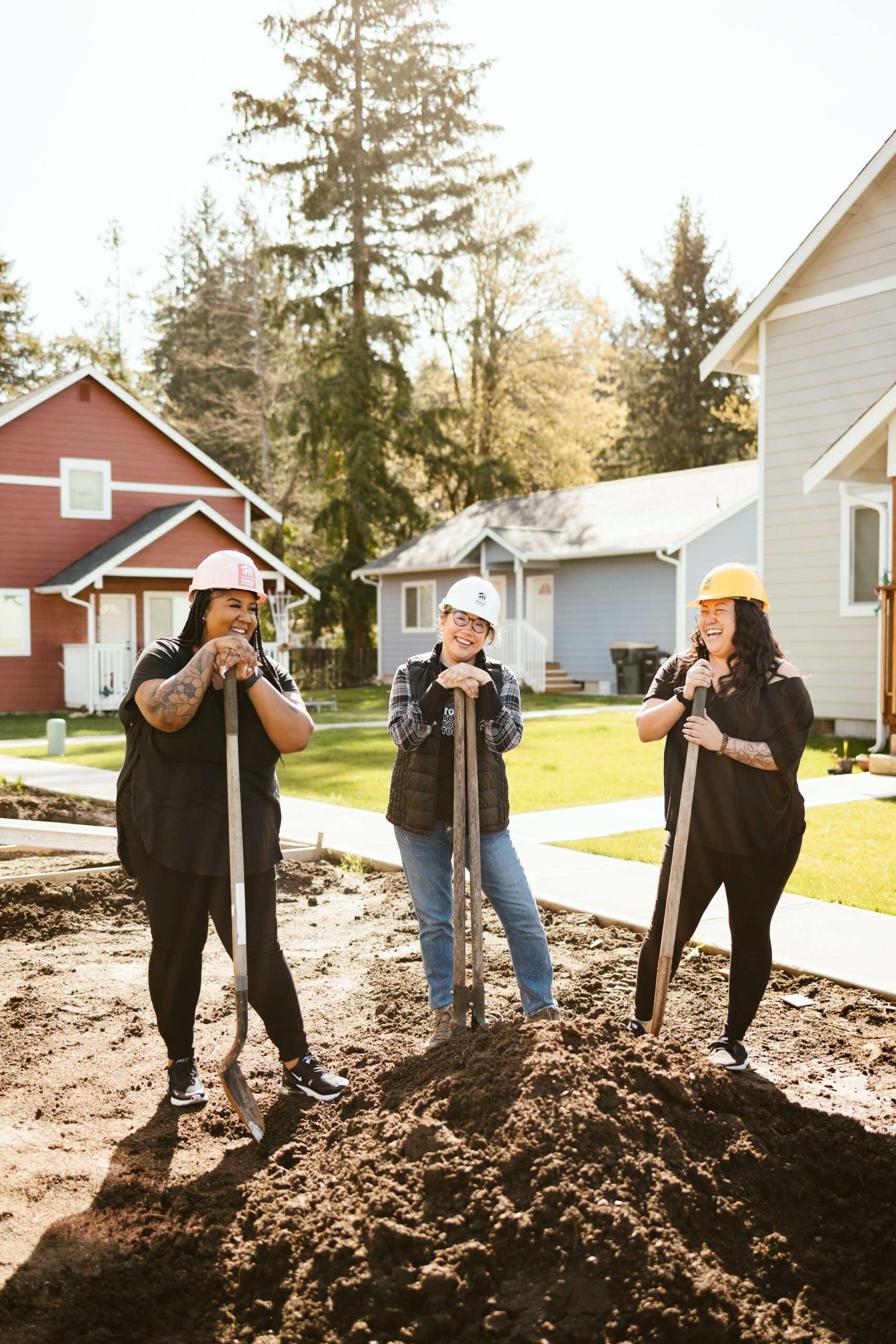
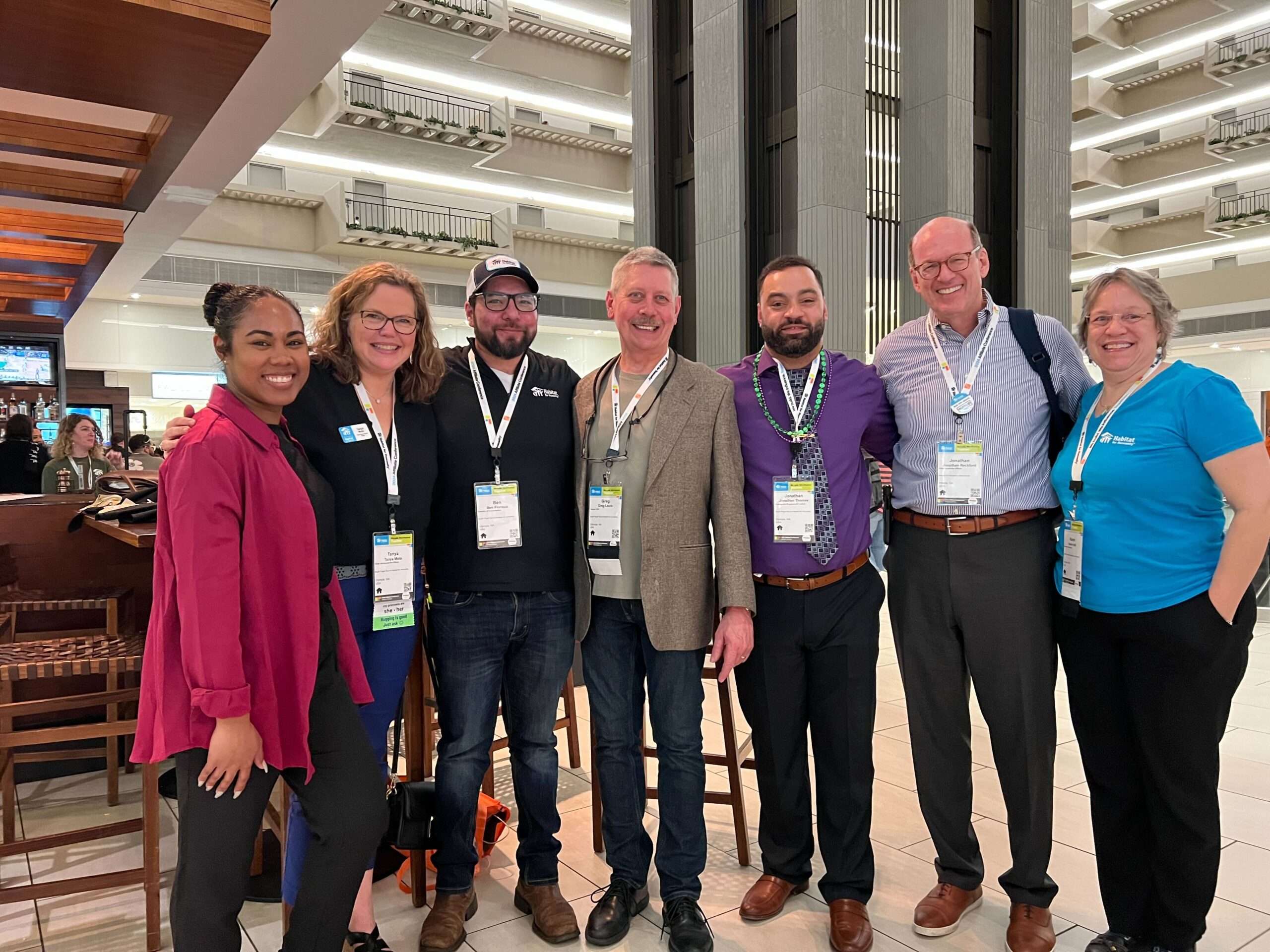
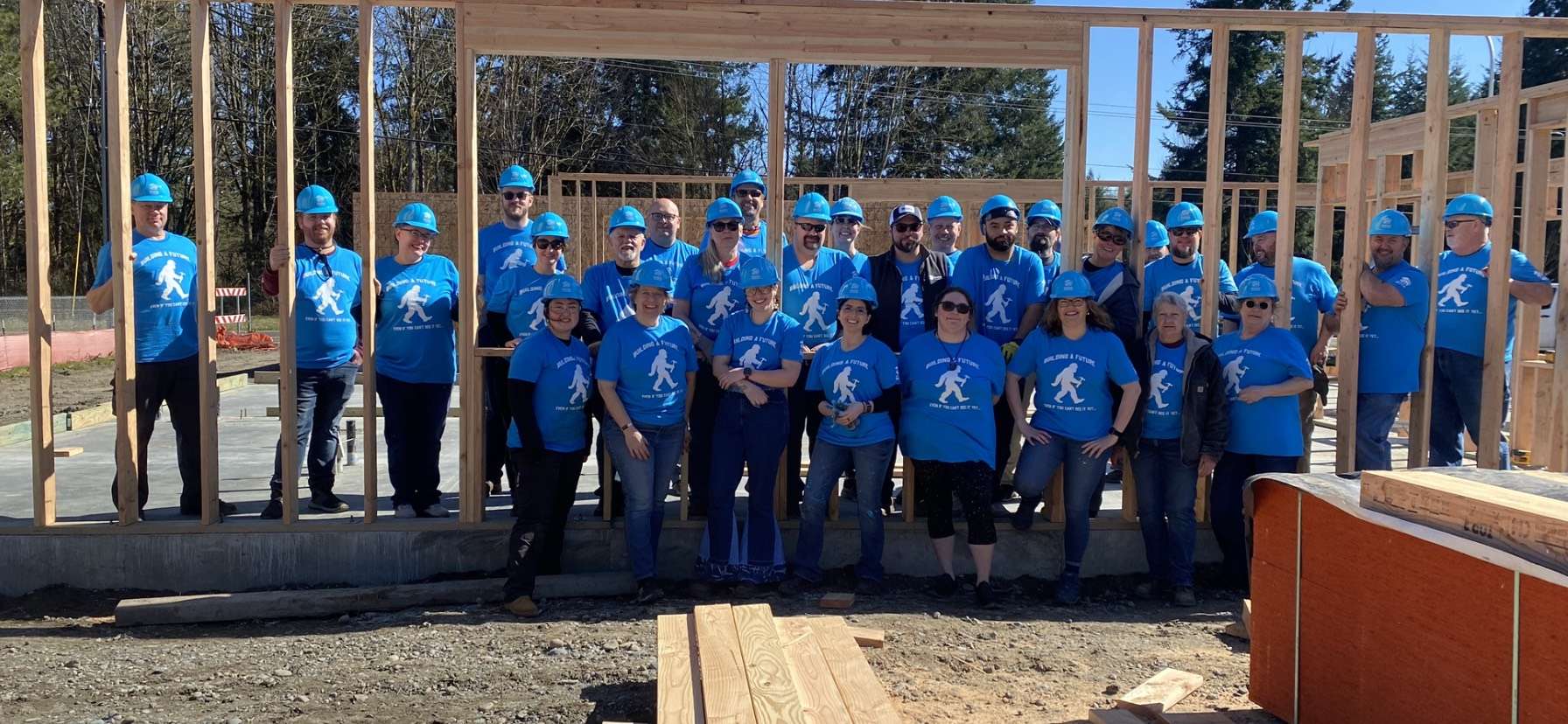
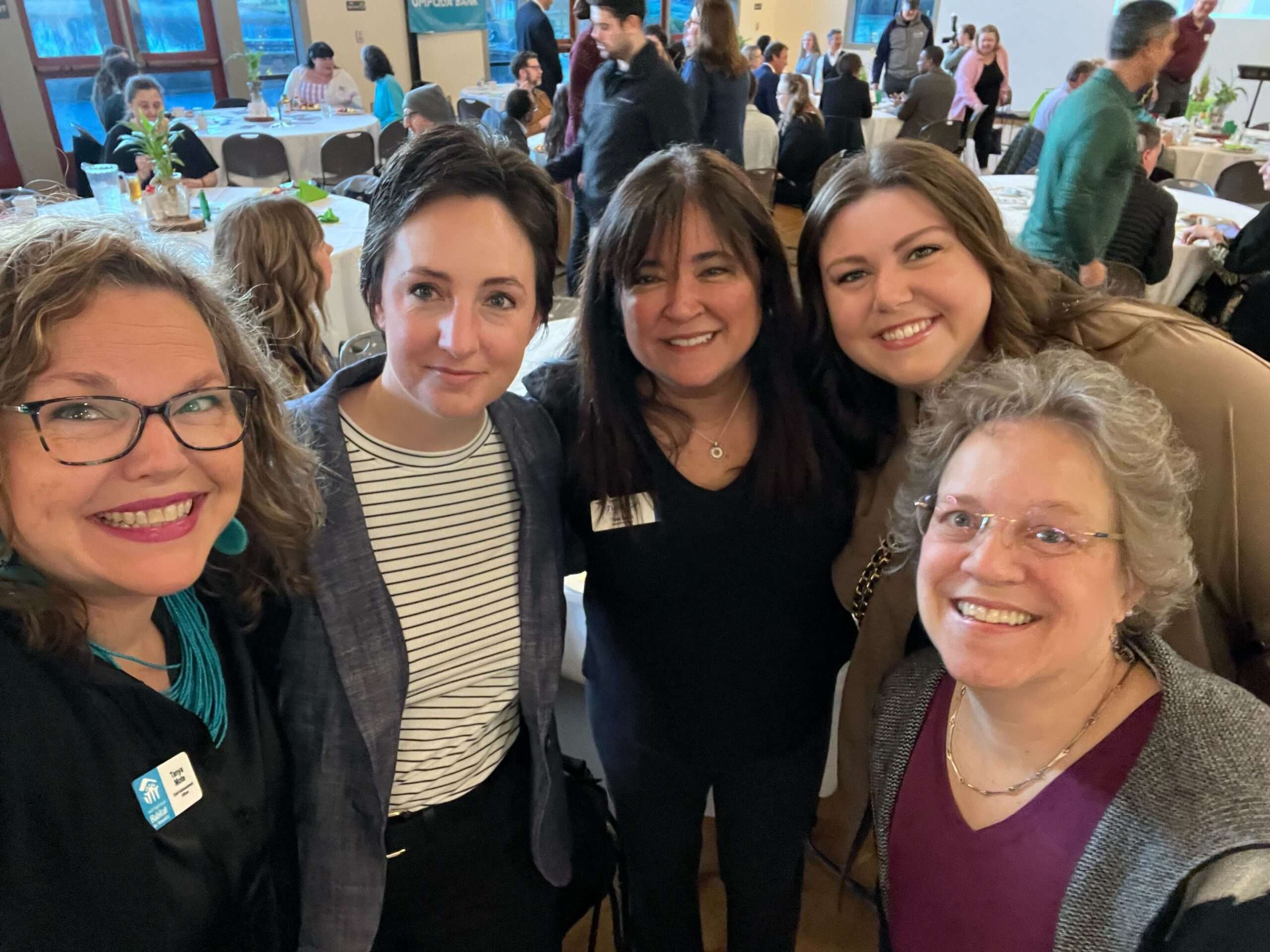
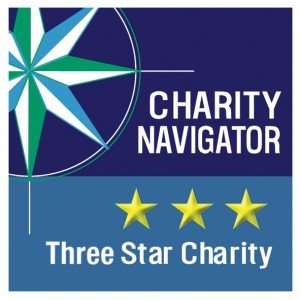
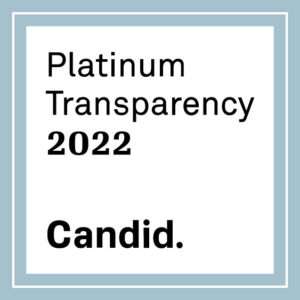
 South Puget Sound Habitat for Humanity is an equal opportunity housing provider. We are pledged to the letter and spirit of the law and provide a program in which there are no barriers to obtaining housing because of race, color, religion, sex, handicap, familial status or national origin.
South Puget Sound Habitat for Humanity is an equal opportunity housing provider. We are pledged to the letter and spirit of the law and provide a program in which there are no barriers to obtaining housing because of race, color, religion, sex, handicap, familial status or national origin.